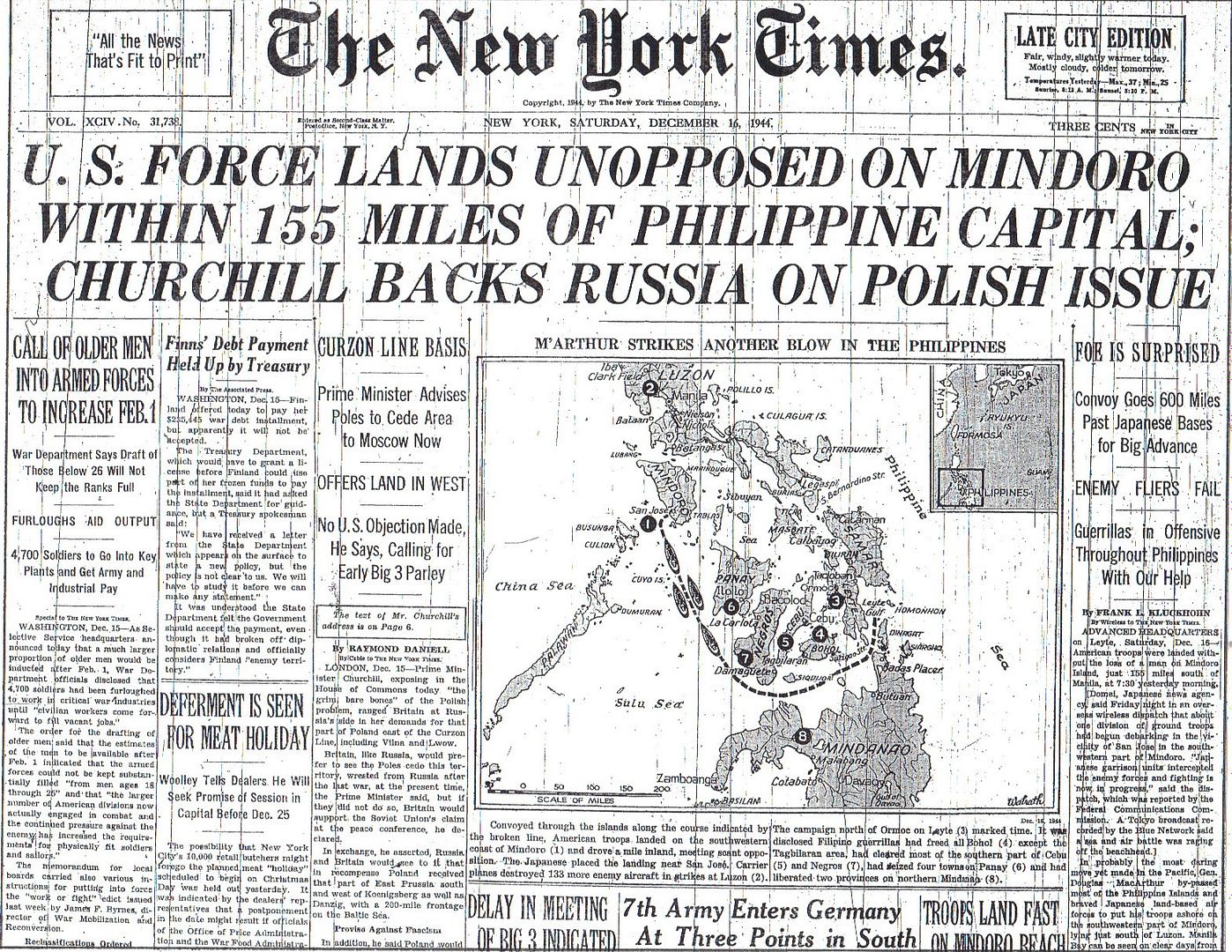
Posted on 12/16/2014 4:18:51 AM PST by Homer_J_Simpson

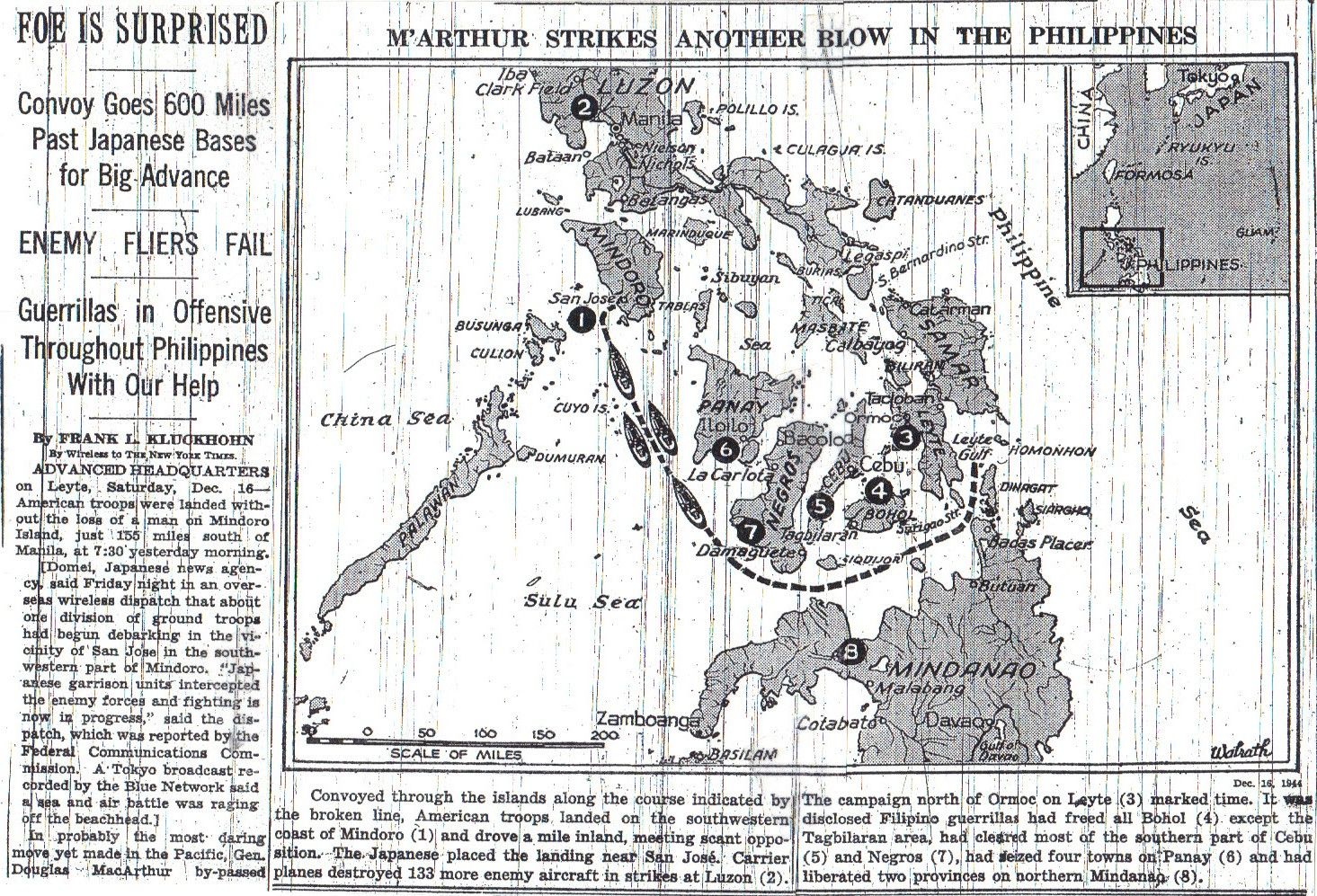
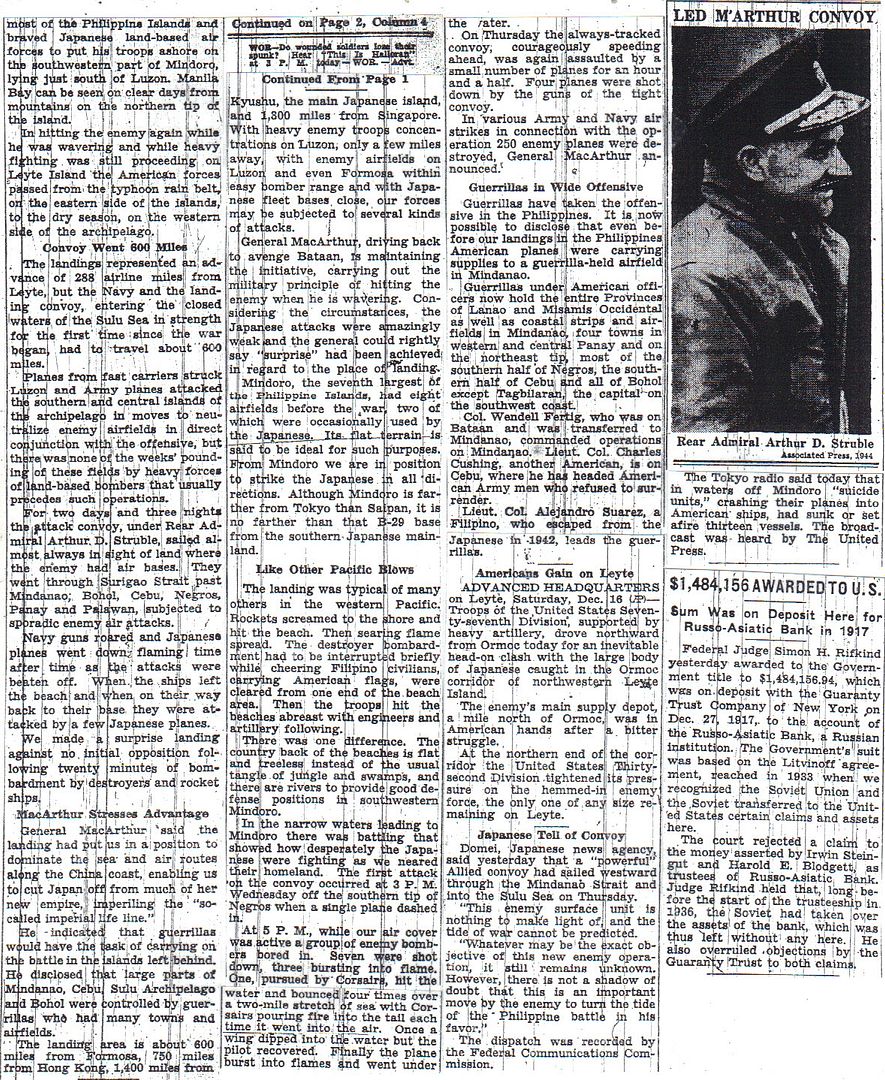
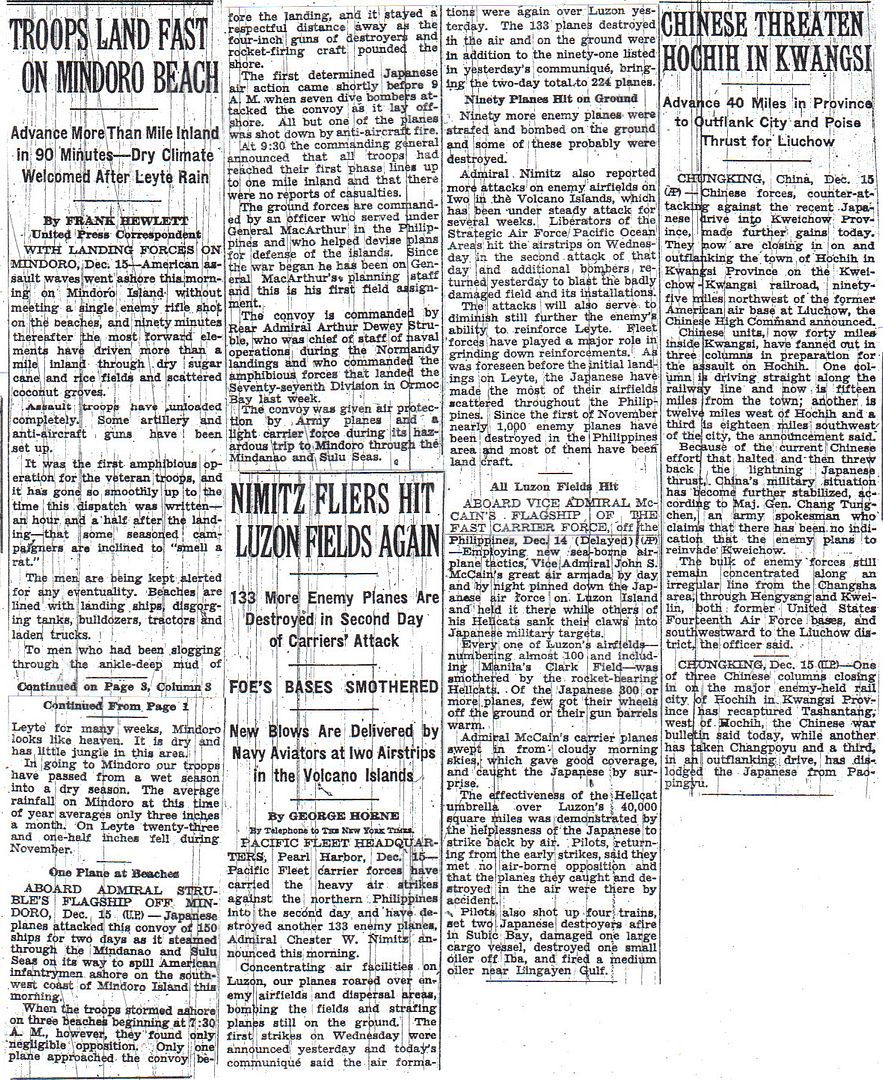
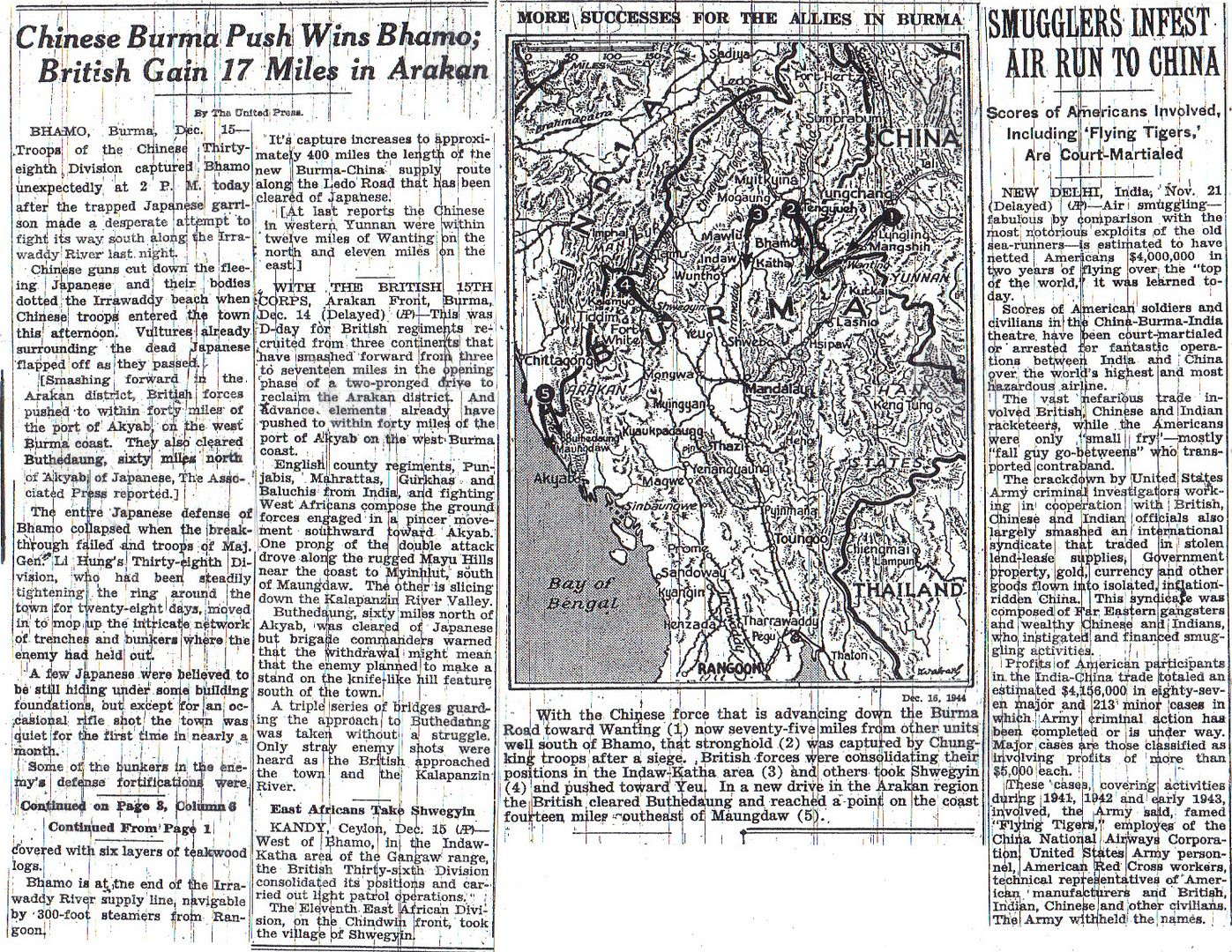
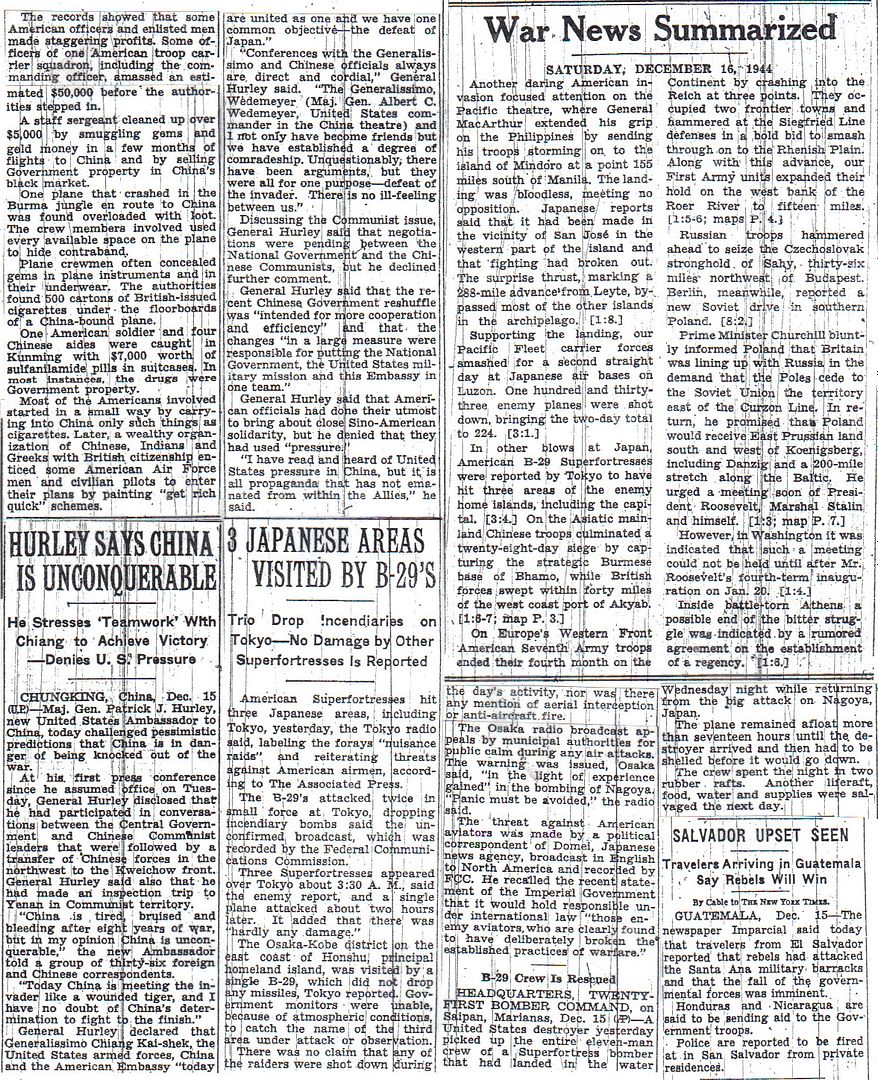
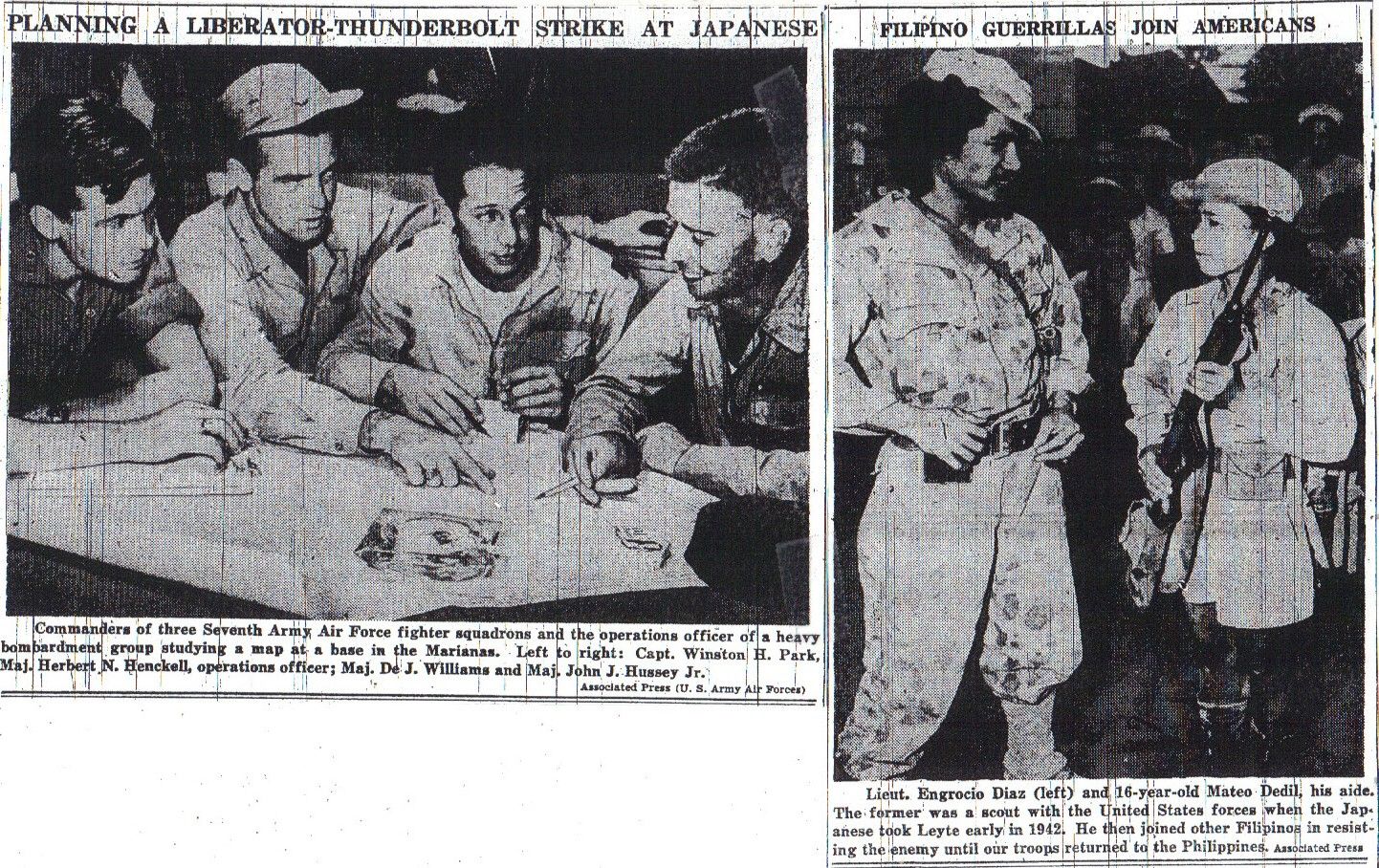
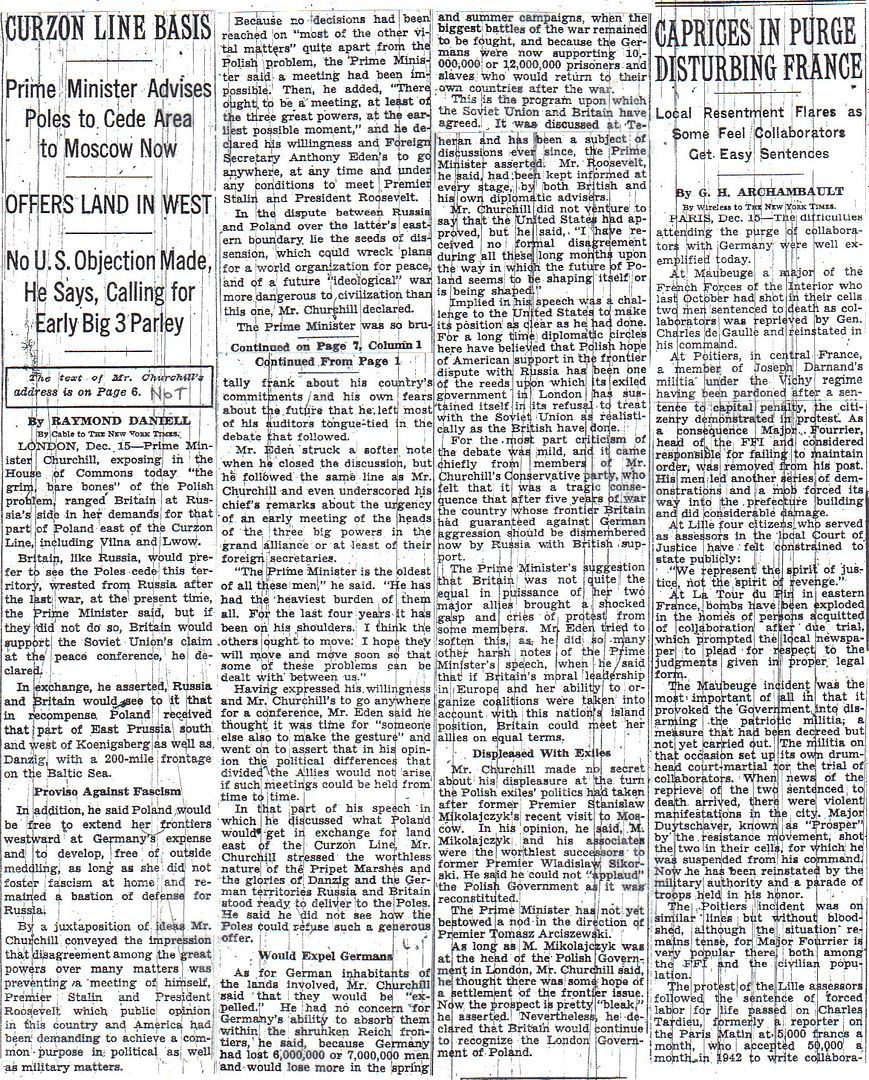
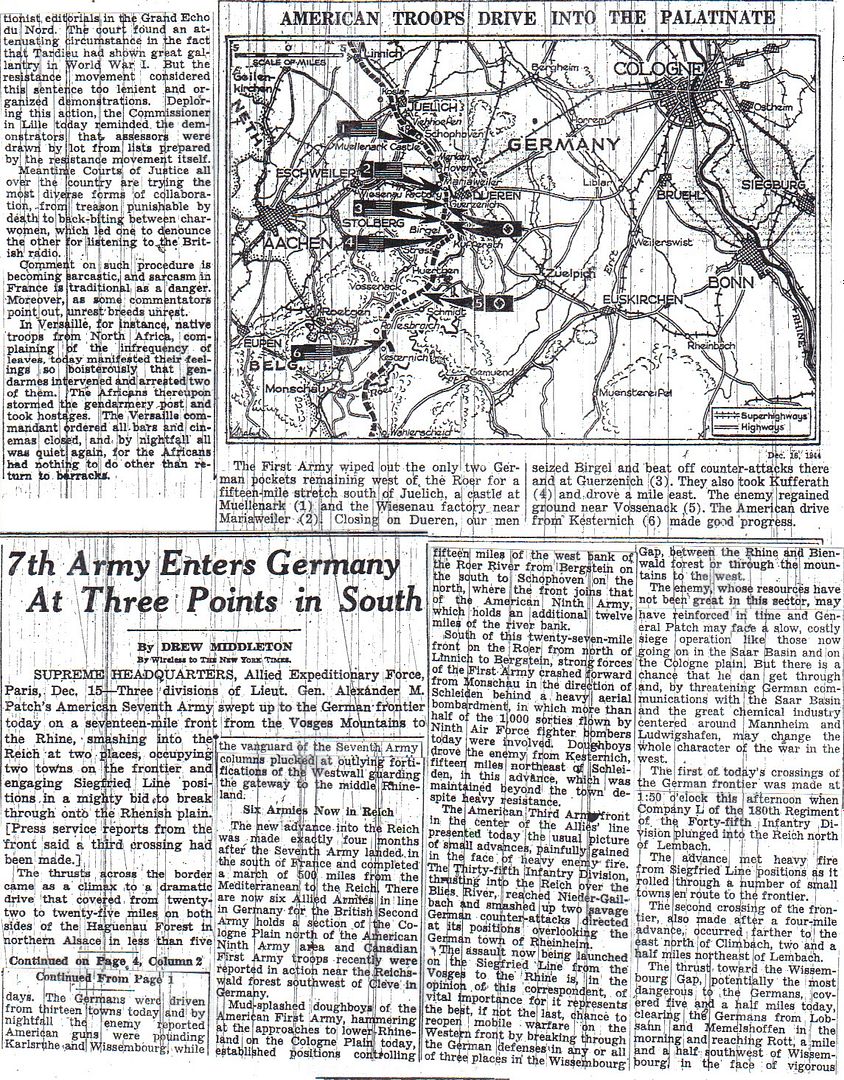
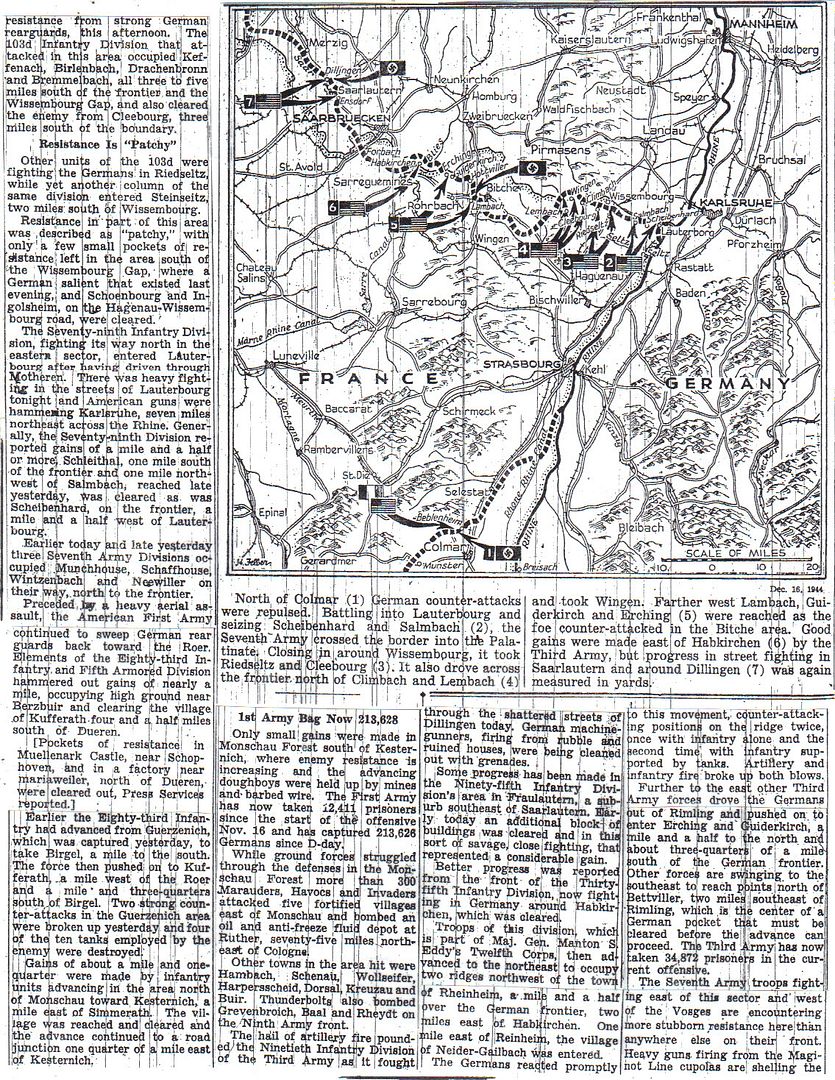
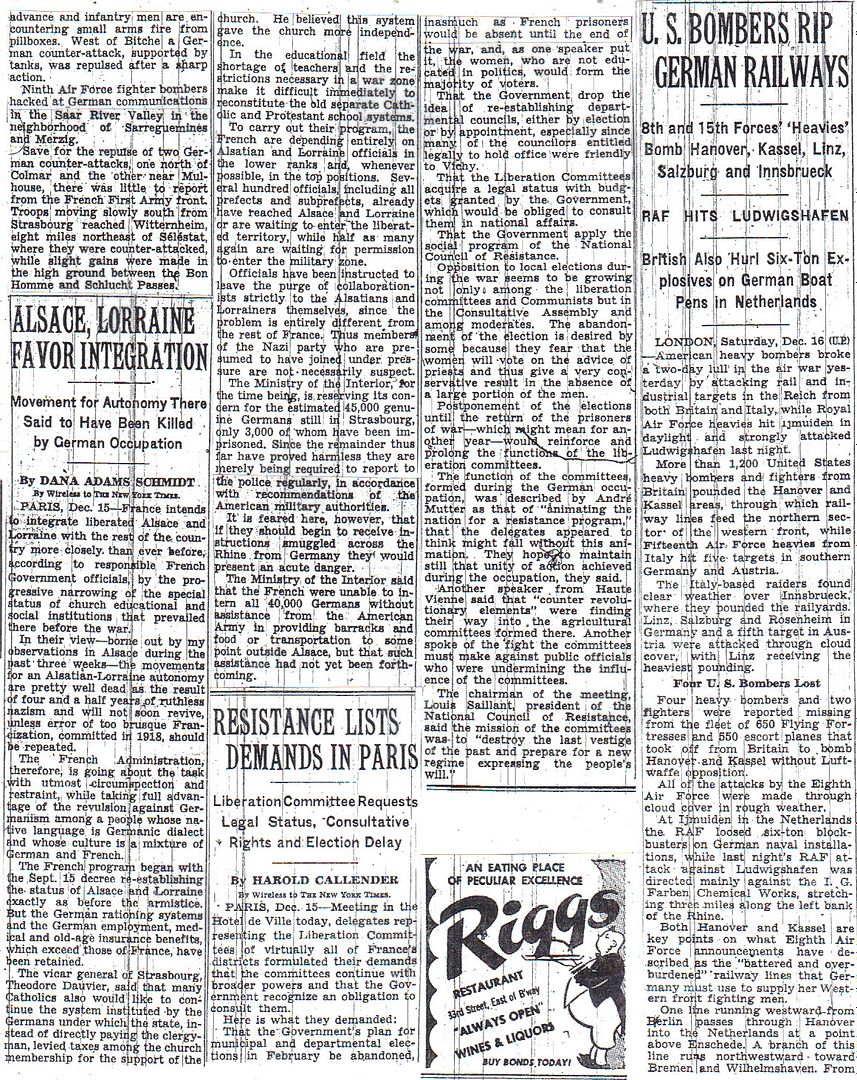
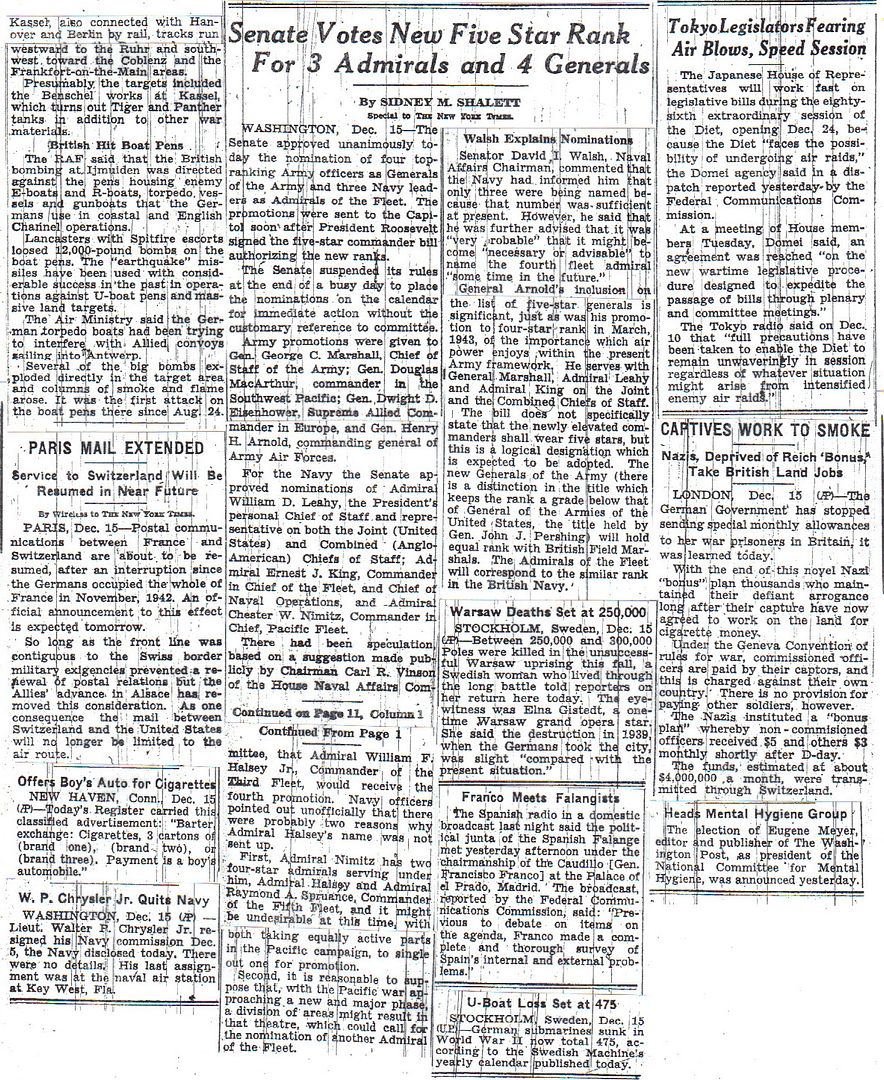
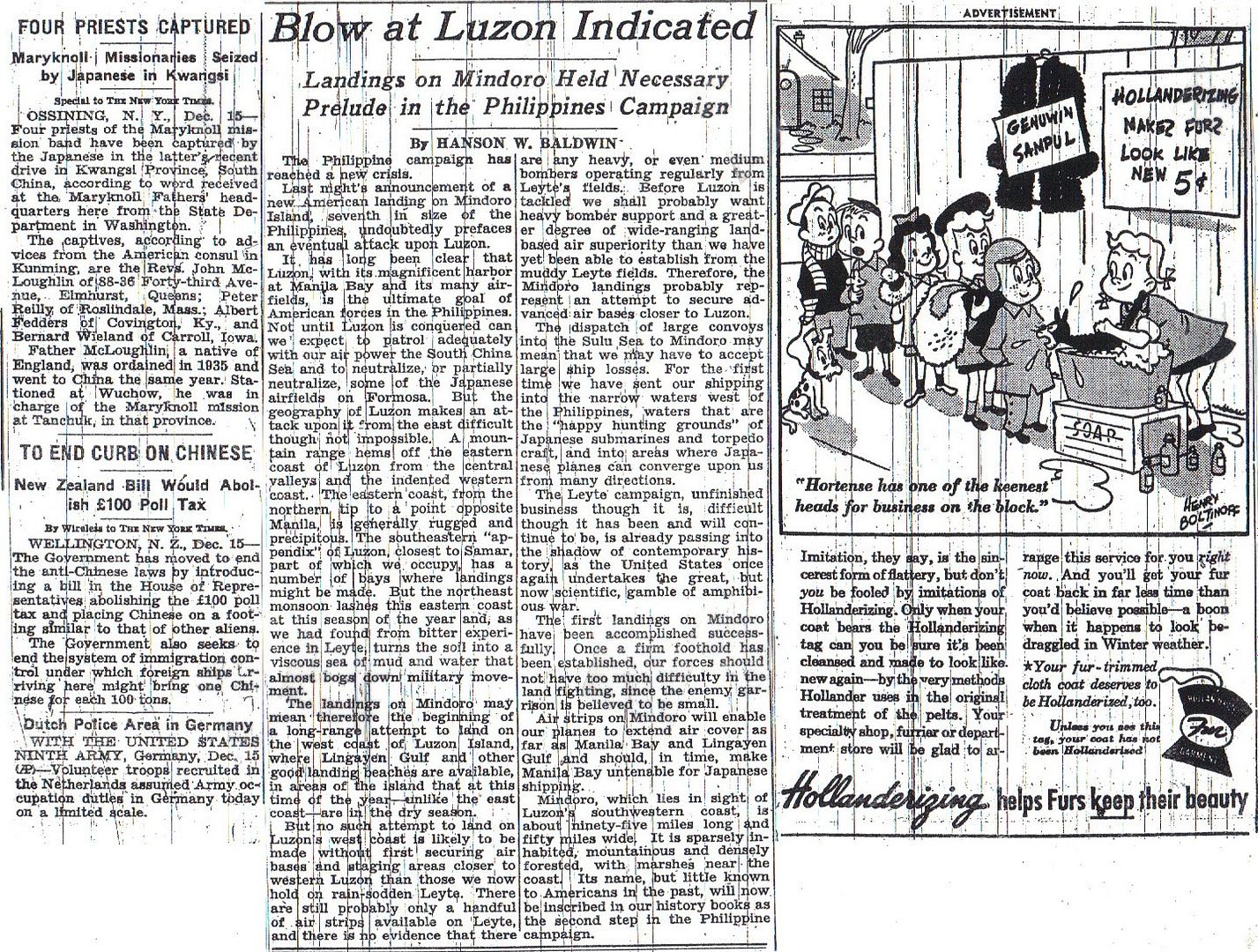
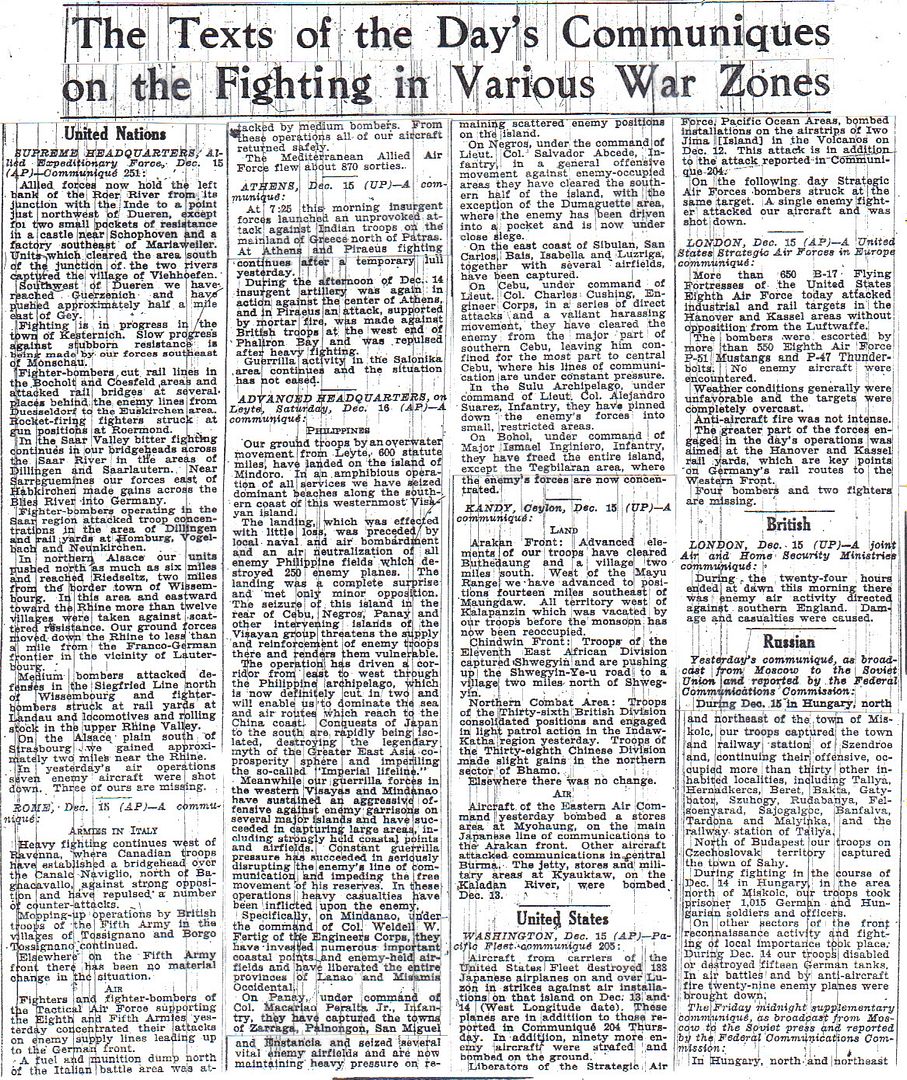
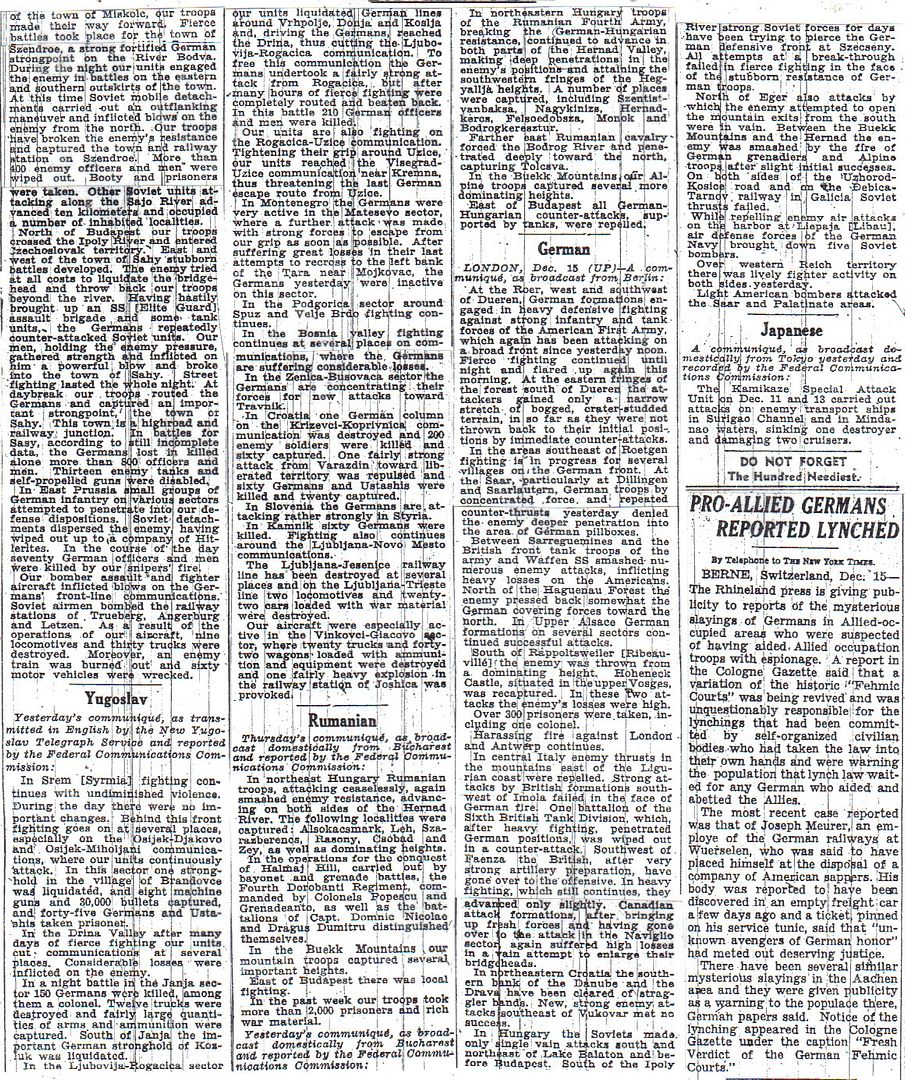
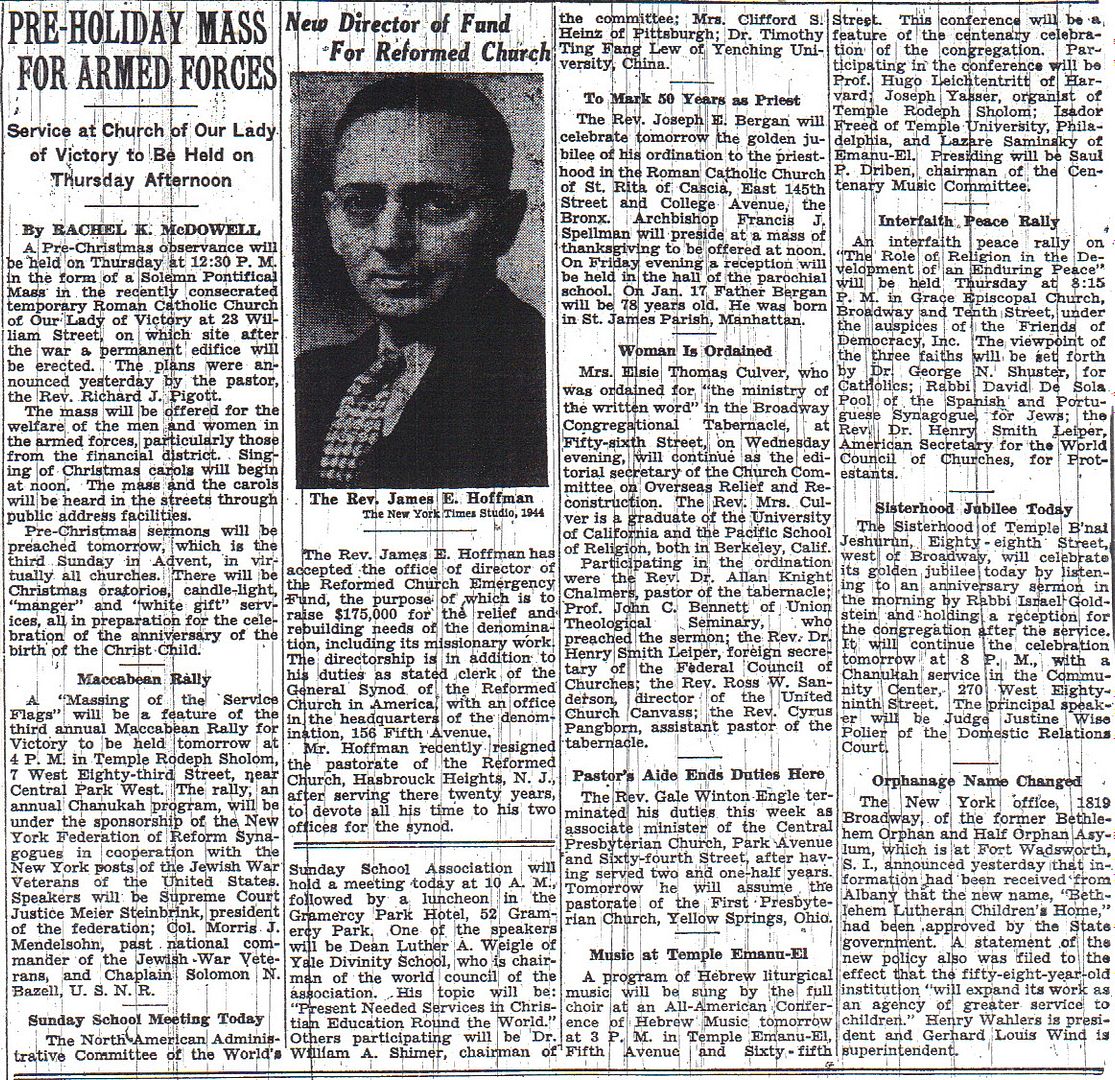
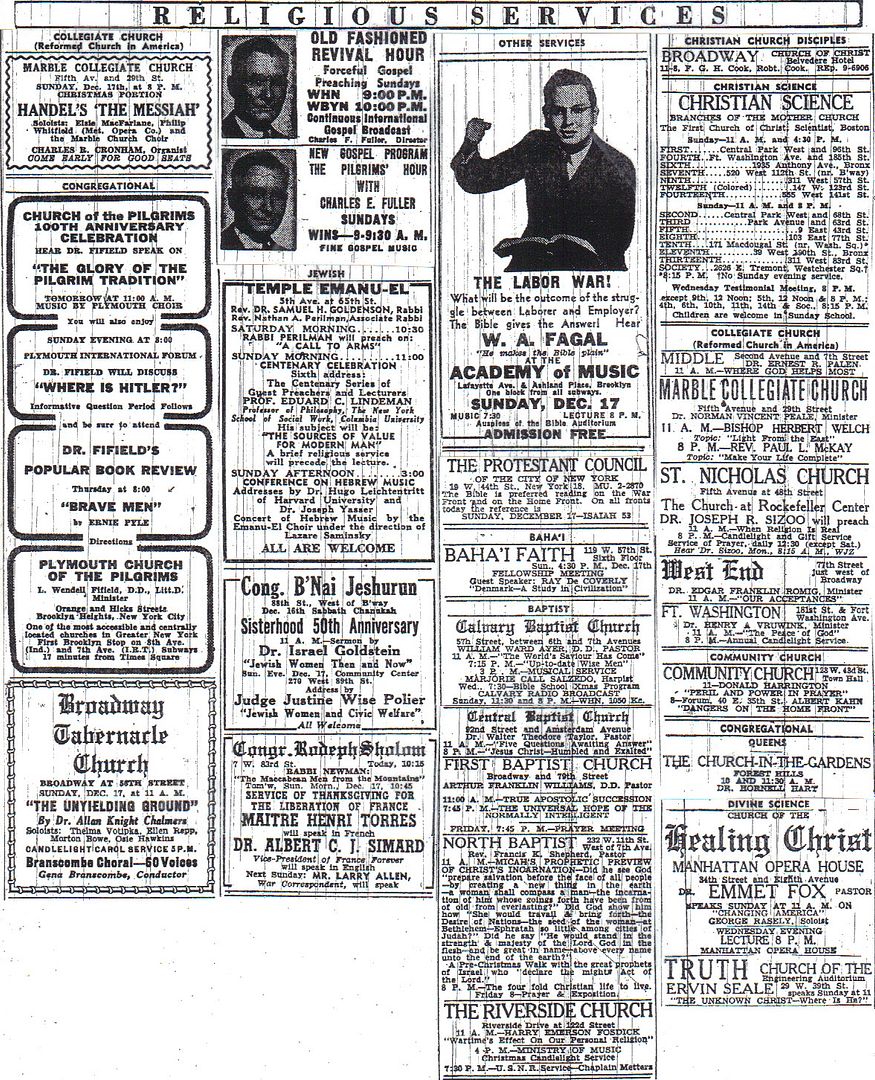
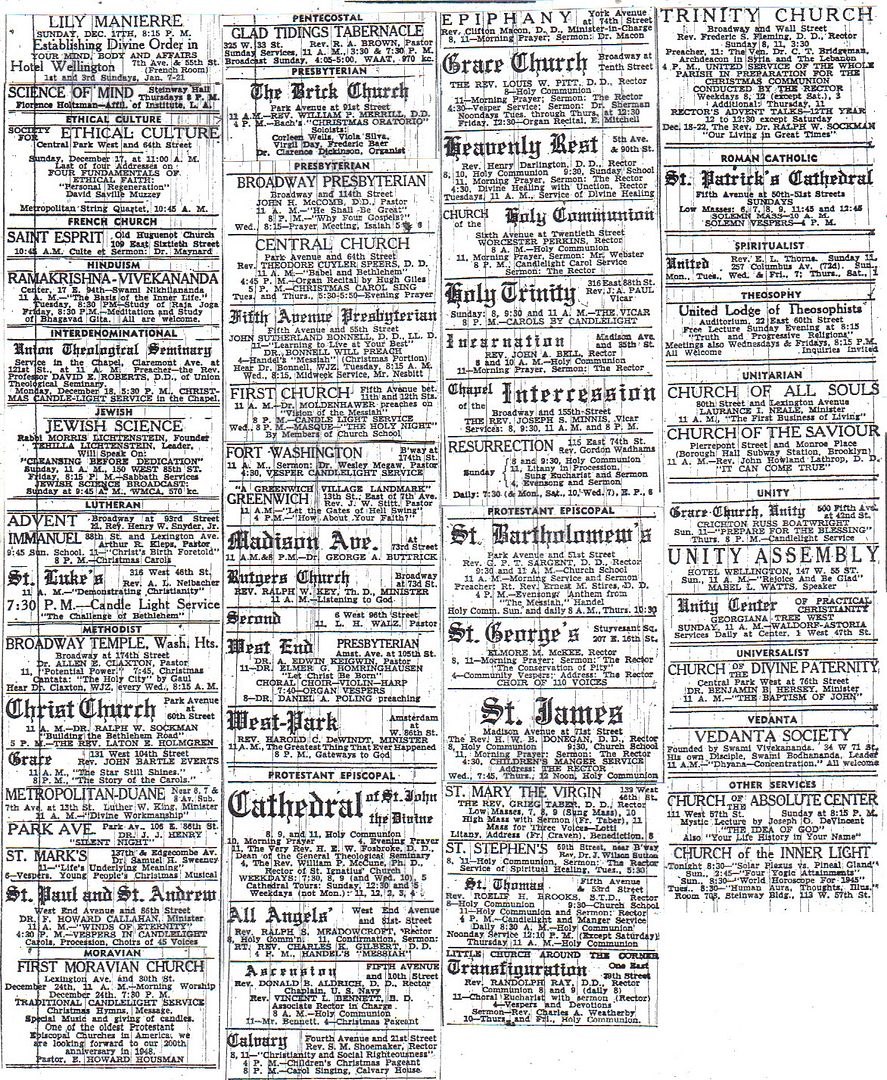
Here’s another guy who single-handely “gave the Krauts a bloody nose.”
In 1944 Battle of the Bulge, Albert Darago, then 19, took on a German tank by himself.
TheConservator:
God bless your father! He had the good fortune not to fall into the hands of the SS, but likely into the hands of the regular Wehrmacht and “normal” Germans who despite more that a decade of Nazi education were raised by German Christian Lutheran and Catholic families.
All:
In 1991 in Germany I met a German soldier who fought in the Battle of the Bulge, likely an officer by his bearing. He was a first cousin, Georg, of my wife’s mother. My wife’s mother’s brother, Karl, had fought opposite Georg on the US side in the Battle of the Bulge!
Cousin Georg greeted me with an icy stare when I met him, unlike the other elderly German cousins who were apologetic even in the 1990’s over the German roll in WWII, leading me to believe that Georg may have been a Nazi party member.
Sorry; I don’t know Italian. Can’t help out here.
These accounts are actually quite chilling to read. The communications may appear calm and the officers resolute, there are still a couple of things to keep in mind:
1) The 106th was as green a division as there was on the Western Front. This was their first taste of combat.
2) Given the locations of the points where they were fighting, the 422nd and 423rd COs knew they were in danger of encirclement.
3) Loss of communication with neighboring units and subordinate units is becoming a problem, too.
One thing to note about these dispatches. Command and control is breaking down in the regular communications net, but by and large the artillery net is still operational. I’ve commented on this before. The redundancy in the artillery net made it more durable in combat than the regular command net, and was the key to the flexibility and effectiveness of American artillery.
Georg may not have been a registered Party member, but probably served in an SS unit. Those guys tended to be “unreconstructed” throughout their lives.
I shudder to think that may have been true, but that icy stare would be what one would expect of such a person!
My wife’s other elderly cousin was such a dear man who was deeply ashamed about German war atrocities. He was a career violinist in the Hildesheim city orchestra and by his account spent most of the war assigned to assist a French family run their farm, practically as a farmhand in occupied France. His branch of the family was deeply indebted to their American cousins for saving his daughter by helping smuggle penicillin into Germany after the war to fight off an infection of some kind that she had. She went on to become a German federal judge.
Today, he is a Civil Affairs officer in Manderfeld, Belgium, where the HQ of the 14 Cavalry Group is located. They hold the northern flank of the 106th Inv. Div. and in particular guard the Losheim Gap, a pass through the Schnee Eifel. Like the 106th, the 14th's front is too wide for a contiguous line, so they hold a series of strongpoints, for which lightly armored cavalry is ill suited.
Today, the CO and XO are in Luxembourg and Grandpa is in charge of the detachment.
Today, Grandpa is awakened by gunfire and hurries to 14th Group HQ. Yesterday, he was ordered to tidy up the town's woodpiles. Today, all that is forgotten and there are looks of worry and concern. Communications are being cut and Grandpa is ordered to go up to Krewinkel and deliver an order to hold at all costs. He finds a hotly engaged gun crew and delivers the order. They are low on ammo. He returns to Manderfeld and loads ammo. On the return trip he finds the crew fleeing, having destroyed their gun. Grandpa goes further and finds another gun crew. Going back to Manderfeld he detours down to Andler to find troops from the 106th streaming to the rear, toward St. Vith, Division HQ. They return to Manderfeld to find the 14th is preparing to fall back on a new defense line. Grandpa's troops have packed up and his officers have returned. They fall back to St. Vith to look for orders.
Grandpa is worried. Manderfeld is in a small, German speaking part of Belgium, given to them in the treaty of Versailles. Since 1940 it has been reattached to Germany. Grandpa is worried that people who cooperated with the Americans may be subject to retaliation. He tells the local man who has been acting as his assistant in town administration to go home, stay indoors and law low for a few days.
The 14th Group will retreat, occupying a series of defensive positions. At the end of the day it ceases to exist as an effective combat unit and its remnants are attached to another outfit. Col. Devine, who took command on December 11, will be evacuated as a noncombat casualty.
Good stuff. Will this be a day-by-day firsthand, eyewitness account of what Grandpa saw and experienced in the Battle of the Bulge?
I also have a couple of good stories when his detachment enters Germany and really goes to work.
Well, you know, I don’t know if Grandpa was near the hot zone of this German offensive (upcoming, I hope we’ll see some good maps), but maybe he was pulled back so he could see another day and live to tell you some of these stories.
A harrowing experience for Grandpa, who was not expecting or expected to be a combat soldier. But expecting the 14th Cavalry Group to “defend” the Losheim Gap was foolish. Cavalry Groups were lightly armed recon units without much in the way of infantry or heavy weapons. In other words, they had no business trying to “hold” any sector of front. Certainly not the relatively open terrain of the Losheim Gap.
The 14th will cease to exist, and the Losheim Gap is wide open around the northern flank of 106th ID and St. Vith. The way to the Meuse appears to be open. For now.
Yes, the 14th is finished. There was a two mile gap between the 106th and 99th that was “held” by intermittent patrols. Now, all contact between the 106th and 99th has been lost and as you say the way is open for the Germans. Tonight.
The 99th has also gone forward to support 2nd Division’s fight for Rocherath and Krinkelt, part of 1st Army’s offensive to clear the upper Roer Valley/Monschau sector. They are also a green unit and very much out of position. Their fighting retreat through the forest will be a harrowing experience, but with a happier outcome than the two regiments of the 106th in the Eifel.
"Stand at Lanzerath"
The Intelligence and Reconnaissance Platoon, 394th Infantry Regiment, 99th Division was the most decorated platoon for a single action of World War II. During the first morning of the Battle of the Bulge, they defended a key road in the vicinity of the Losheim Gap. Led by 20-year old Lieutenant Lyle Bouck Jr., they delayed the advance of the 1st SS Panzer Division, spearhead of the entire German 6th Panzer Army, for nearly 20 hours. In a long fight with about 500 men of the 1st Battalion, 9th Fallschirmjaeger Regiment, 3rd Fallschirmjaeger Division, the 18 men of the platoon along with four artillery observers inflicted between 60 to more than 100 casualties on the Germans. The platoon seriously disrupted the entire German Sixth Panzer Army's schedule of attack along the northern edge of the offensive. At dusk on 16 December, after virtually no sleep during the preceding night and a full day of almost non-stop combat, with only a few rounds of ammunition remaining, about 50 German paratroopers finally flanked and captured the remaining 19 soldiers. Two who had been sent on foot to regimental headquarters to seek reinforcements were later captured. Fourteen of the 18 platoon members were wounded, while only one soldier, a member of the artillery observation team, was killed.
Because the unit's radios had been destroyed, the soldiers captured, and the rapid subsequent German advance, U.S. Army commanders did not know about the unit's success at slowing the German advance, or even if they had been captured or killed. The platoon members were not recognized for their courageous deeds for thirty-seven years. On 25 October 1981, the entire platoon was recognized with a Presidential Unit Citation, and every member of the platoon was decorated, including four Distinguished Service Crosses, five Silver Stars, and ten Bronze Stars with V for Valor.

Wow. Talk about unsung heroes.
No kidding. Those guys single handedly delayed the Sixth Panzer Army attack by nearly a day. That was precious time to organize the defense of Elsenborn Ridge.
I wonder what happened to them in German captivity.
From The Guns at Last Light...
‘Sheets of flame leaped from the German gun pits at precisely 5:30 a.m. on December 16. Drumfire fell in crimson splashes across the front with a stink of turned earth and burnt powder, and the green fireballs ot 88mm shells bore through the darkness at half a mile per second as if hugging the nap of the Ardennes hillcrests. The Screaming Meemie shriek of Nebelwerfer rockets echoed in the hallows where wide-eyed GIs crouched in their sugar bowls.
...
The battle was joined, this last great grapple of the Western Front, although hours would elapse before American commanders would realize that the opening barrage was more than a feint, and days would pass before some generals acknowledged the truth of what Rundstedt had told his legions in an order captured early Saturday, Es geht um das Ganze. Everything is at stake. The struggle would last for a month, embroiling more than a million men drawn from across half a continent to this haunted upland. The first act of the drama, perhaps the most decisive, played out simultaneously across three sanguinary fields scattered overt sixty miles—on the American left, on the America right, and on the calamitous center. “Your great hour has struck,” Runstedt had also declared. “You bear in yourselves a divine duty to give everything and to achieve the supehuman for our Father-land and our Frhrer.”
A relative of mine (my Dad’s cousin) was interviewed for some college research that I found on the net. Long interview - but an excerpt. It looks like he was part of a platoon (30 guys) with the 80th Division. Later on in the interview he said they fired at an airplane while leading a group of SS prisoners. Elsewhere I have heard a similar story that those were the last shots fired in the war in Europe. In the Battle of the Bulge he was on the outskirts.
Excerpt:
MH: Were you in the Battle of the Bulge?
RD: Yes.
MH: What’s your most intense memory of that experience?
RD: Well, we were on the right flank of the 3rd Army on the seventeenth of December,expecting the counter-attack on the right flank. And that was—we were led to believe
that’s where it was going to happen, and of course it happened up north. On the eighteenth of December, we made a rapid move into Luxembourg. It was the first time
we were able to use the headlights on our vehicles, drive as fast as we could, and just moved quickly from the right flank to the left flank into Luxembourg.
And what I remember about that is that our ration was one D-ration bar, and a D-ration was a piece of hard chocolate the size of a large Hershey bar. And that’s what we ate until we were settled in. And um, what I remember about it? Worst case of constipation I ever had in my life. (laughs)
MH: (laughs) From that chocolate bar?
RD: Yeah. It was so hard, you had to use your bayonet to chip off pieces, and I don’t how it affected the other guys, but it — So then, once we got into Czechoslovakia, into Luxembourg, our first assignment was to locate the 4th
infantry Division, which was somewhere in Luxembourg.
They knew where they were, but nobody else did. Our first assignment was to find them. And that was routine; we were pretty much on the — I guess you’d say the south side of the Bulge. We didn’t get into Belgium. But we were on the edge of those troops, so we had it — compared to those in Belgium, we had it relatively easy.
MH: Were you aware of what was going on with the other units at the time? Did you know how bad it was?
RD: I cannot remember. I can’t recall. I know we were coping with the weather, and we knew it was serious business. We had soldiers—our lines were so thin on Christmas Day, we had two of our guys captured by Germans in the middle of the day. And they were — a lot of our missions were outposting.
They were outposting, and we found out later when
we recaptured them, like in April or March or April, that they were doing their usual thing, outposting, when they were captured by German soldiers wearing American
uniforms, U.S. uniforms. And the Germans just walked up to them and took them prisoners. And those kinds of things
—our lines were pretty thin.
MH: But you didn’t find out about—well, there were some warnings about German commandos doing that sort of stuff, so I don’t know if they got to your unit.
RD: Not that I remember, no.
MH: Right. So, I was just reading a biography of George Patton, and he was talking about some of the measures that American forces would take to try and stay warm, because he said it was obviously one of the worst winters they’d ever had. What unusual things did you do to keep warm in that situation?
RD: Well, I remember sleeping on the hood of the Jeep because it was warm. We were a part of the 80th
Infantry but we were not infantry, thank goodness, because those guys were sleeping in the snow. We would manage somehow, usually, to get into some kind of shelter. We would move into a house and stay in a house whenever it was possible, or into some kind of shelter. But being a small unit of a platoon of thirty people, it was fairly
easy to accommodate us, relatively easy to accommodate us, as opposed to an infantry company of 120 people.
MH: When you’re in the Battle of the Bulge, I mean, do you believe it could be that bad?
RD: Well, you dealt with reality, I guess. I don’t remember what we really believed or what we expected. We did best we could under the circumstances. Like I said, we lived out of a Jeep, so we were able to carry a bedroll, which was an Army blanket wrapped up in a shelter-half, and when you slept at night, we at least had that Army blanket and
shelter-half .
Always slept in my helmet. I never — you know, you slept with your head in a helmet. And you had your rifle
— we had carbine rifles - and we slept with those, and of
course we were armed. And we never took our shoes off. The only time we took our shoes off was in what we considered to be a safe situation. And sometimes that was a
mistake.
I know that during the Bulge, one time I helped a couple of the fellows who were wounded to an aid station. After we got them to the aid station, I helped lift this one
fellow off the litter by putting arms underneath his waist to lift him off; it so happens that part of the litter was full of blood, and so my sleeves were soaked in blood up to the elbows.
And it was exactly thirty days later that I got to change my shirt. So we went for a month at a time without a change of clothes; and, as I say, taking our shoes off at night
was a luxury. We didn’t get to do that too often.
MH: Did everybody smell pretty ripe, or was it just so cold that you didn’t notice?
RD: We didn’t notice, no. I have tried to recall how often we had a change of clothes, and you know, I can only remember it happening twice: once in France, early on in France, and then once in Luxembourg.
MH: They actually would bring you new uniforms, new fatigues?
RD: Well, I don’t remember getting the new uniforms, exactly, other than underwear. But as far as
during the Bulge and after the Bulge—after the Bulge, I wore a pullover sweater that I got out of a German department store, and some socks that I got out of a German
store, where we were in the town. Of course, it was—they had fled; there were no Germans in the town when we got there, a small village.
And I remember outfitting myself pretty much with clothes from the store, just helped myself. So, no.
End of Excerpt
***********************
Later on he went into Buchenwald (lampshades made out of skin and everything), having Germans surrender to him (they couldn’t take them, but they wanted to surrender to go to America!) They rescued two British POW’s that volunteered to have the Germans’s surrender to them!
Then hundreds and hundreds of SS surrendering to his platoon at the very end of the war. The SS had tried to strike a deal to help the Americans fight the Soviets!
Disclaimer: Opinions posted on Free Republic are those of the individual posters and do not necessarily represent the opinion of Free Republic or its management. All materials posted herein are protected by copyright law and the exemption for fair use of copyrighted works.